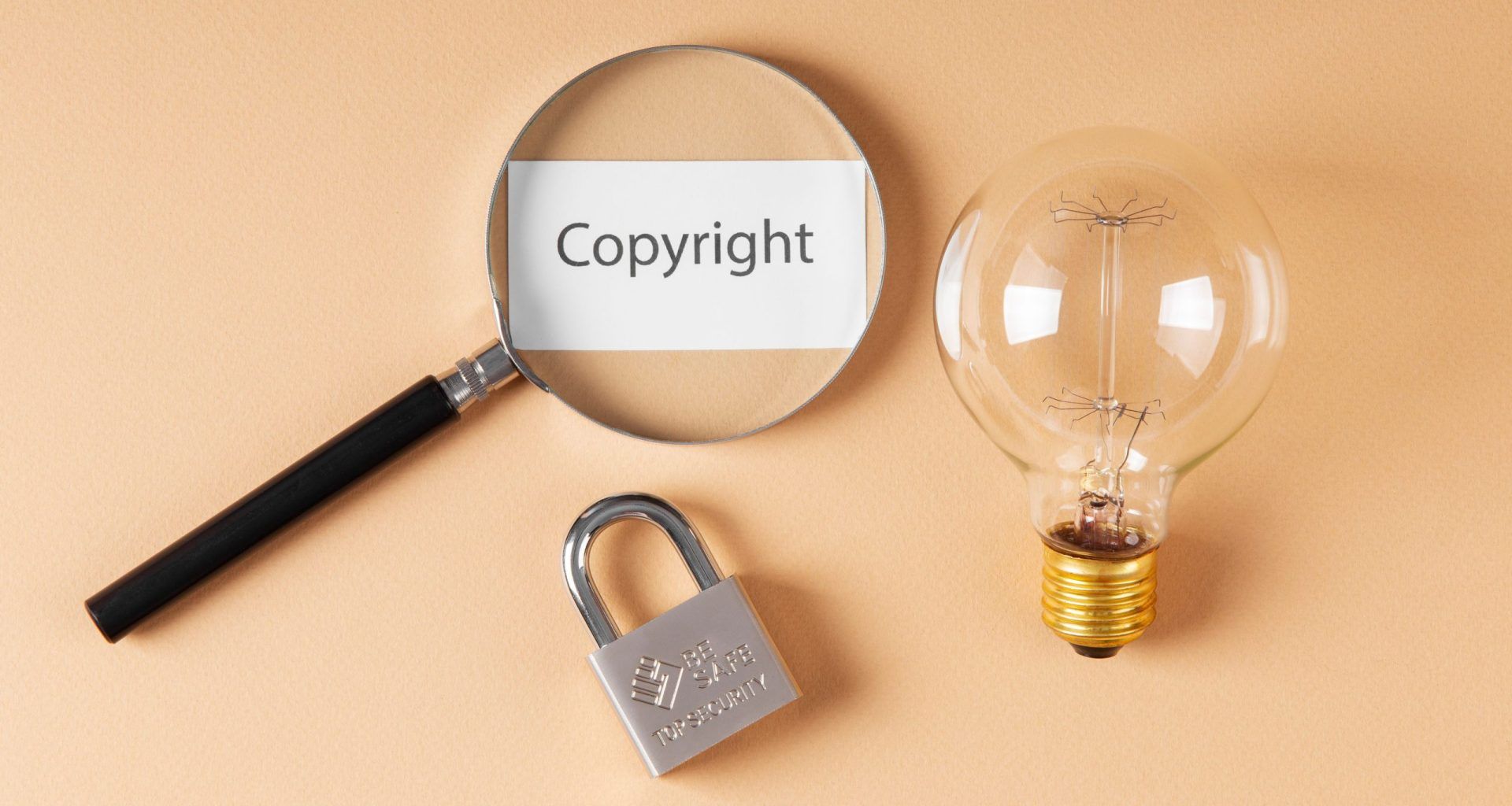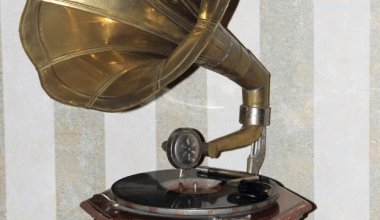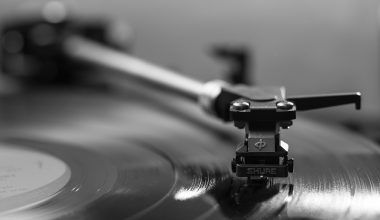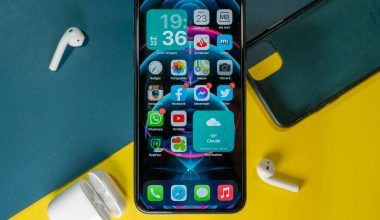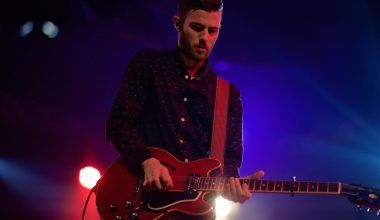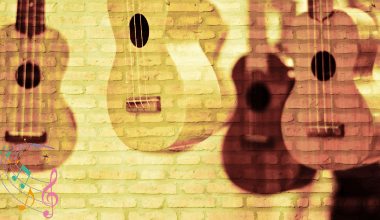Copyright is crucial for protecting creative works, especially in the music industry. Whether you’re an artist, a content creator, or a business owner, understanding copyright songs is essential. This blog explores what song copyright means, how it works, and how to use music legally without infringing on rights.
What Does It Mean to Copyright Songs?
To copyright a song means to secure legal ownership of it. This ownership gives creators exclusive rights to their work. These rights include reproduction, distribution, public performance, and adaptation.
Key Elements of Song Copyright
- Lyrics: Written words of a song.
- Composition: Musical notes and arrangement.
- Recording: The fixed performance of a song.
When a song is copyrighted, it cannot be used without the creator’s permission or licensing.
Why Is Copyright Important for Songs?
Song copyright protects both creators and their work. It ensures:
- Ownership: Creators maintain control over their music.
- Income: Artists earn royalties from the use of their songs.
- Recognition: Proper credit is given to the creators.
- Legal Protection: Prevents unauthorized use or theft of music.
Copyright songs uphold the value of creativity and innovation in the music industry.
How to Copyright Songs
1. Automatic Copyright
In many countries, including the U.S., copyright protection is automatic when a song is created and recorded.
2. Registering a Copyright
While copyright is automatic, registration provides additional legal protection.
- Steps:
- Record your song (audio or written).
- Visit the copyright office in your country.
- Fill out a form and pay the fee.
3. Using Online Services
Platforms like BMI, ASCAP, or PRS for Music allow you to register your songs and manage rights.
Registering your work ensures legal proof of ownership in case of disputes.
Exclusive Rights of Copyright Holders
Song copyright gives creators several exclusive rights:
- Reproduction: Control over copying the song.
- Distribution: Decide how and where the song is shared.
- Public Performance: Control over live or broadcasted performances.
- Derivative Works: Approve remixes or adaptations.
These rights allow creators to monetize their work and control its use.
How Long Does Copyright Last for Songs?
Copyright protection isn’t indefinite. Here’s how it typically works:
- Life of the Creator + 70 Years: In many countries, the copyright lasts for the creator’s lifetime plus 70 years after their death.
- For Corporate Works: 95 years from publication or 120 years from creation, whichever is shorter.
After copyright expires, the song enters the public domain, becoming free for use.
Using Copyright Songs Legally
If you want to use a copyrighted song, here are your options:
1. Obtain a License
Licenses grant permission to use copyrighted songs. Common types include:
- Synchronization License: For using music in videos or films.
- Mechanical License: For reproducing or distributing a song.
- Public Performance License: For live or broadcasted performances.
2. Fair Use
Under certain conditions, copyrighted songs can be used without permission for purposes like education, commentary, or parody.
3. Use Royalty-Free Music
Royalty-free platforms offer music that doesn’t require ongoing payments for use. Examples include Epidemic Sound, Artlist, and Bensound.
Understanding these methods prevents legal complications when using copyright songs.
Penalties for Copyright Infringement
Unauthorized use of a copyrighted song can lead to severe consequences:
- Fines: Penalties may range from hundreds to thousands of dollars.
- Lawsuits: Copyright holders can take legal action.
- Platform Strikes: YouTube and other platforms may remove your content.
Respecting song copyrights protects you from financial and legal troubles.
How to Avoid Copyright Issues in Music Creation
1. Use Original Content
Compose your own music or hire professionals to create unique tracks.
2. Credit Properly
If you use someone else’s work, always give them proper credit.
3. Verify Copyright Status
Check if a song is in the public domain or licensed under Creative Commons.
Following these steps ensures your music is both creative and compliant with copyright laws.
Tips for Artists to Protect Copyright Songs
1. Document Everything
Keep records of your creative process, including drafts and recordings.
2. Monitor Usage
Use tools like Content ID on YouTube to track unauthorized use of your songs.
3. Collaborate Wisely
Ensure agreements with co-creators clearly outline copyright ownership.
Proactively protecting your work prevents unauthorized use and disputes.
Examples of Famous Copyright Cases
- “Blurred Lines” Lawsuit
Robin Thicke and Pharrell Williams were sued for similarities to Marvin Gaye’s song “Got to Give It Up.” - Led Zeppelin’s “Stairway to Heaven”
Accusations of copying a riff from Spirit’s song “Taurus.”
These cases highlight the importance of originality and clear documentation in music creation.
Copyright in the Digital Age
The rise of streaming platforms and social media has transformed copyright enforcement.
1. Digital Fingerprinting
Platforms like YouTube use Content ID to detect copyrighted songs in videos.
2. Blockchain for Copyright
Blockchain technology offers a transparent way to register and manage music rights.
Staying updated on digital copyright tools ensures fair usage and compensation.
Royalty Collection for Copyright Songs
Copyright ensures that creators earn royalties when their music is used.
Types of Royalties
- Performance Royalties: Earned when songs are performed live or broadcasted.
- Mechanical Royalties: Paid for reproducing songs on CDs, vinyl, or digital downloads.
- Synchronization Royalties: Generated from music used in films, ads, or TV shows.
Working with organizations like BMI, ASCAP, or PRS helps streamline royalty collection.
The Future of Copyright in Music
With advancements in AI and the growing use of sampling, the future of copyright in music will face new challenges.
Trends to Watch
- AI-Generated Music: Questions of authorship and copyright ownership.
- Global Collaboration: Ensuring copyrights are recognized across borders.
- Streaming Royalties: Evolving models for fair compensation.
Staying informed about these trends will help creators and users navigate the evolving copyright landscape.
Conclusion
Understanding copyright songs is vital for both creators and users. Copyright protects the creativity of artists, ensures fair compensation, and prevents unauthorized use. Whether you’re an aspiring musician or a content creator, knowing the ins and outs of song copyright is essential to navigating the music industry responsibly.
Respect copyright laws, use music legally, and contribute to a fair and thriving creative ecosystem.
Related Articles:
For further reading, explore these related articles:
- How to Write a Song: A Step-by-Step Guide for Beginners
- The Complete Guide to Music Distribution: How to Share Your Music with the World
- How to Become a DJ: Your Step-by-Step Guide to Start a DJ Career
For additional resources on music marketing and distribution, visit Deliver My Tune.
